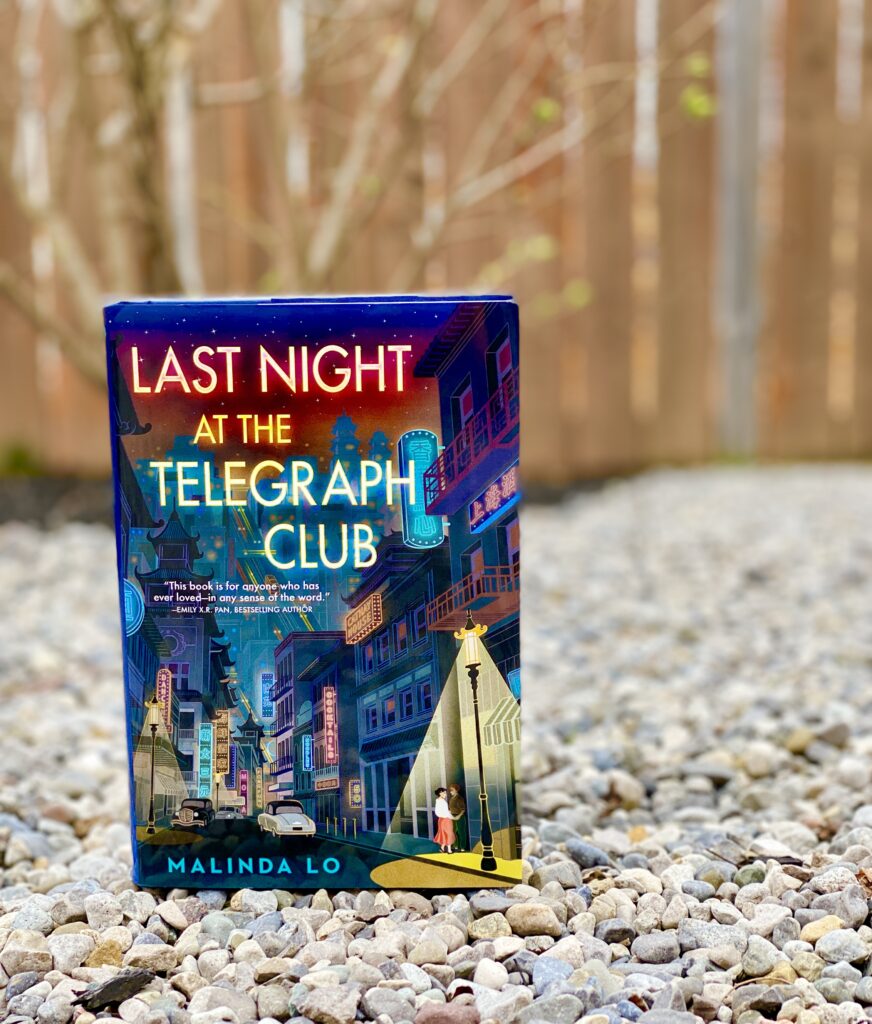
YA historical fiction. I don’t read much historical fiction, but I’ve been a fan of this author since her first novel, the Cinderella retelling *Ash*, and I’ve followed her as she has worked her way across a range of genres. This book traces the story of a teen Chinese-American girl in 1950s San Francisco as she comes to terms with the fact that she likes girls. I’m no expert on that place or era, but it certainly seems to be a sensitive and nuanced portrayal of both, including its specific mode of ubiquitous anti-Chinese racism and the community’s ways of surviving and thriving in the face of it, and at lest some of the ways the rampant anti-Communism in the US intersected with both racism and anti-queerness. What I appreciated most, though, was the author’s deft touch with the main character’s journey and with her feelings along the way. It didn’t downplay the heavy weight of oppression facing a Chinese-American lesbian in the era of June and Ward Cleaver, Joseph McCarthy, and Jim Crow, but neither did it allow all of that to push the narrative into the violence, surrender, and despair that was until quite recently the only admissible ending for such a story. At the risk of straying in a vague way into spoilers, you spend a good chunk of the book waiting tensely for the other shoe to drop – the shoe of violence and harm and disastrous revelation, as per the dime-store pulp novels of that era, which Lo cleverly invokes through the main character finding and reading one (but being interrupted before reaching its inevitably horrible conclusion) as a small part of her journey to a sense that, yes, perhaps there is a way to live this life after all. Eventually, the other shoe does drop, and it is a hard, hard thing. But it isn’t awful in the flat-and-inevitable, tragedy-and-death, bury-your-gays way, but in a much more complex way, in a loss-and-grief but live-and-gain way, and there are a couple of scenes of quiet solidarity from people the main character hardly knows at all that I found among the most moving in the book. Anyway, yes, I liked it. And I think it shows Lo’s growth as a writer – like I said, I’ve been a fan since her first novel, but any writing career has shifts and ups and downs, and I think this one demonstrates ongoing growth in polish and sophistication in her storytelling.
Originally posted by Scott on Goodreads.